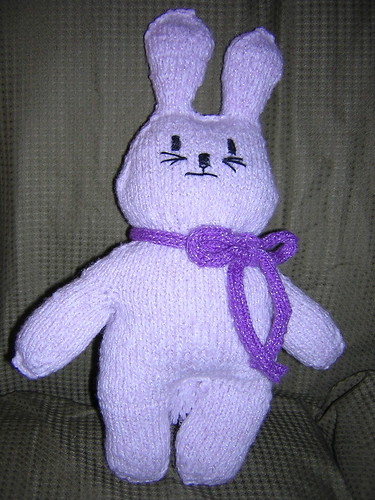Google: Zany
Amusingly crazy or clownish.
If you object to this definition, then you may be in the company of the compilers of several current dictionaries. It’s a hard word to pin down—we all think we know what we mean by it, but we may find describing it in plain English surprisingly hard.
That may have something to do with the way the word has evolved. It was first a noun, to describe a performer in the commedia dell’arte, an improvised Italian comic form of the sixteenth to eighteenth centuries. The zany was a foolish servant, a buffoon, who attempted to mimic the actions of his master, himself a clown. The servant was given the generic name Giovanni (the Italian equivalent of John), much as English servants of the same period were frequently called Andrew (indeed, one English equivalent to the zany was a merry-andrew), or as a Glaswegian might call someone Jimmy as an all-purpose name. In time Giovanni turned into zannie and we imported it in that form.
Its first use in English was exactly equivalent to the Italian, “a comic performer attending on a clown, acrobat, or mountebank, who imitates his master’s acts in a ludicrously awkward way”, as the Oxford English Dictionary puts it. This dates back as far as Shakespeare’s Love’s Labour’s Lost in which Berowne says that a trick must have been carried out by “Some carry-tale, some please-man, some slight zany”.
Zany quickly evolved related senses, first contemptuously suggesting someone who was a hanger-on or toady, then somebody who played the fool for the amusement of others. The noun survived almost to our day; Tennyson wrote in 1847 that “The printers are awful zanies, they print erasures and corrections too, and other sins they commit of the utmost inhumanity”. But that –y ending made the word look like an adjective, and that is how it has more and more been employed, until now one really can’t use it as a noun. Here’s an example from 1978: “Television shows that lean heavily on the brand of humor known as ‘zany’, consisting largely of sight gags and the sight of appealing people making cheerful fools of themselves”.
But the essence of zaniness surely must be that the foolish behaviour is gently unconventional, unexpected or idiosyncratic. ‘Crazy’ in its much-diluted sense sums it up.
Discourse courtesy of World Wide Words.
If you object to this definition, then you may be in the company of the compilers of several current dictionaries. It’s a hard word to pin down—we all think we know what we mean by it, but we may find describing it in plain English surprisingly hard.
That may have something to do with the way the word has evolved. It was first a noun, to describe a performer in the commedia dell’arte, an improvised Italian comic form of the sixteenth to eighteenth centuries. The zany was a foolish servant, a buffoon, who attempted to mimic the actions of his master, himself a clown. The servant was given the generic name Giovanni (the Italian equivalent of John), much as English servants of the same period were frequently called Andrew (indeed, one English equivalent to the zany was a merry-andrew), or as a Glaswegian might call someone Jimmy as an all-purpose name. In time Giovanni turned into zannie and we imported it in that form.
Its first use in English was exactly equivalent to the Italian, “a comic performer attending on a clown, acrobat, or mountebank, who imitates his master’s acts in a ludicrously awkward way”, as the Oxford English Dictionary puts it. This dates back as far as Shakespeare’s Love’s Labour’s Lost in which Berowne says that a trick must have been carried out by “Some carry-tale, some please-man, some slight zany”.
Zany quickly evolved related senses, first contemptuously suggesting someone who was a hanger-on or toady, then somebody who played the fool for the amusement of others. The noun survived almost to our day; Tennyson wrote in 1847 that “The printers are awful zanies, they print erasures and corrections too, and other sins they commit of the utmost inhumanity”. But that –y ending made the word look like an adjective, and that is how it has more and more been employed, until now one really can’t use it as a noun. Here’s an example from 1978: “Television shows that lean heavily on the brand of humor known as ‘zany’, consisting largely of sight gags and the sight of appealing people making cheerful fools of themselves”.
But the essence of zaniness surely must be that the foolish behaviour is gently unconventional, unexpected or idiosyncratic. ‘Crazy’ in its much-diluted sense sums it up.
Discourse courtesy of World Wide Words.
















0 Comments:
Post a Comment
<< Home